The views expressed in our content reflect individual perspectives and do not represent the authoritative views of the Baha'i Faith.
In the bottom-line driven entertainment industry, can a spiritually-grounded media business survive and thrive? At Wayfarer Studios, Justin Baldoni and Steve Sarowitz aim to find out.
This series of essays explores the ways in which individual action builds a better economy in alignment with the spiritual principles of the Baha’i Faith. So far, the series has focused on individuals in small businesses and agriculture. Now we look at the creative arts, where one independent film studio in Hollywood is experimenting with applying these principles to the entertainment industry.
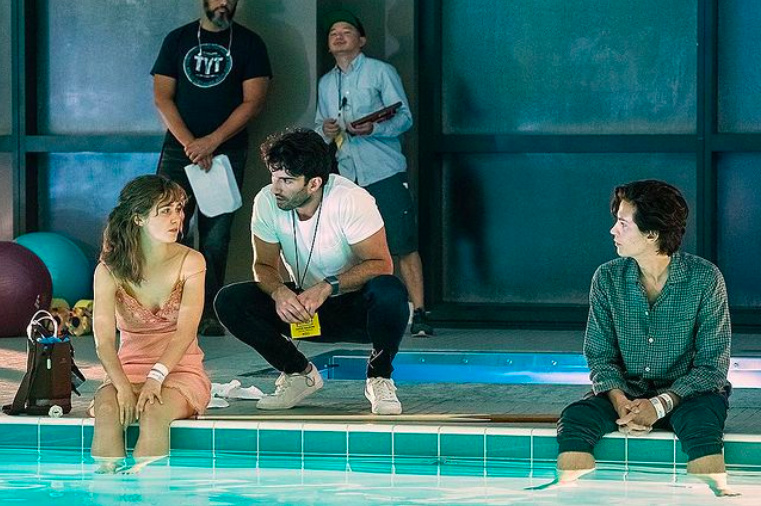
When Wayfarer Studios got its start in 2019, actor and filmmaker Justin Baldoni and businessman turned philanthropist Steve Sarowitz came together to start something experimental – a spiritually-grounded business in an industry famous for its pursuit of wealth.
Whether in the stories they tell or how they run their business, Wayfarer strives to be a guiding light, to honor the higher purpose of filmmaking and the entertainment industry by telling stories that uplift and transform humanity. While the founders still consider it to be in its early stages, their journey thus far presents a unique look into what the future of the film industry may hold, and how others can follow their guiding light. In this interview with actor, director, and Wayfarer co-founder Justin Baldoni, we talk about the journey so far.
Q: Justin, what is it about the entertainment community that first prompted you to found Wayfarer?
A: That’s a great question. You know I’ve been in the industry now for 18 years, and I’ve always felt very lonely spiritually in the business. When it comes to making decisions and having projects made, for years it just felt like what was getting made was missing a ‘why’ and a central theme that I believe is found in the Baha’i teachings.
What happens in Hollywood is that social activism and justice becomes trendy for a moment and then people decide to make a left turn even if they don’t believe they should make a left turn because that’s what’s popular – but for Baha’is these principles have been pillars since the beginning of the Faith in the 1800s.
That’s what led me to start Wayfarer; I wanted to be part of a studio that believed in putting its purpose before the bottom line. The only way I could do that is if I had the resources and a partner who shared those values and beliefs, so I have an incredible partner in Steve Sarowitz, who is a fellow Baha’i. Together, through consultation, we decided to start a next-generation independent studio to see if we can be lights in the darkness.
Q: Tell me more about the importance of the storytellers and how you see the higher purpose of the entertainment industry.
A: Storytelling as a medium – including media, film, and television – is how humanity has progressed. Baha’is believe that the creative word comes from God, and inspiration doesn’t come from us, it comes through us. But storytelling can be used to unite, or it can be used to divide, and we are living in a time when unfortunately media and storytelling is often used to separate us instead of connecting and bring us together. So that is our unique opportunity at Wayfarer Studios.
I often think of Abdu’l-Baha as he talked about what a Baha’i should be in the world:
… ye must conduct yourselves in such a manner that ye may stand out distinguished and brilliant as the sun among other souls. Should any one of you enter a city, he should become a centre of attraction by reason of his sincerity, his faithfulness and love, his honesty and fidelity, his truthfulness and loving-kindness towards all the peoples of the world, so that the people of that city may cry out and say: ’This man is unquestionably a Baha’i, for his manners, his behaviour, his conduct, his morals, his nature, and disposition reflect the attributes of the Baha’is.
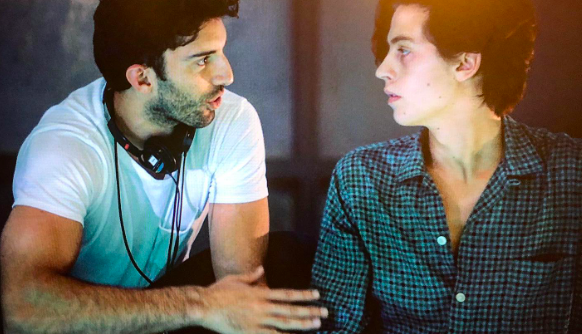
That’s very much the way I’ve always attempted and failed to live my life, but more than that, this represents the type of company that we are striving to build. How do we make projects where people look at it and unquestionably say “That must be a Wayfarer project … it made me feel closer to God; it made me think about what I am doing with my life; it made me think about the fact that I have a soul; that I need to fight for racial justice; that I need to stand up for human rights; that I need to advocate for this marginalized or oppressed group?”
Q: How does that play into the kind of stories you tell?
A: We are very open in terms of the types of projects we are interested in making, but essentially what we are doing is taking a lot of the spiritual principles that we find in the Baha’i writings and saying “Alright. What does a movie or TV show look like around that? … How do we create a show around empathy?” Because I believe empathy is one of the keys to unity. How do we create empathy? What is a cool sci-fi show we can create around that? So, we’re looking at these massive social issues and we’re trying to find the right medium to express it, and the right writers and people to be involved.
The other way we’re doing that is we’re looking to the groups of folks whose stories we want to tell, because for so long Hollywood has been whitewashed, and folks from marginalized groups haven’t had the opportunity to maybe develop the skill set, haven’t been able to get in the rooms, and for years haven’t had the chance to tell their own stories.
So what we constantly look to do at Wayfarer is to find those individuals and make sure the door is always open, even if that person’s resume isn’t as robust which would help forge a better chance to tell their own story. There’s an inherent risk because experience is very important, but we don’t want lack of experience to be the reason something doesn’t get made, especially when the barrier has nothing to do with the talent and has everything to do with the social forces that exist.
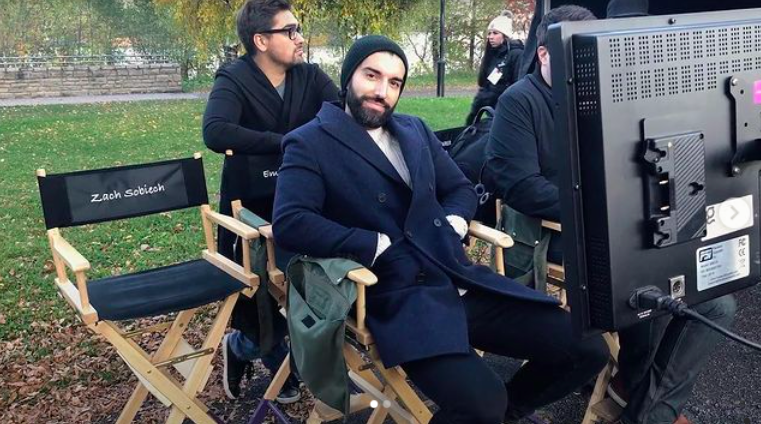
Q: How do those same values play into how you run the studio?
A: We’re young and nimble and a small company compared to other independent financing studios, and we’re really running it and trying to run it on spiritual values.
Jamey Heath, who is my best friend, a beautiful man and a Baha’i, was just appointed president and is making a concerted effort to build a spiritual enterprise in every sense of the word – where everybody is free to have their own beliefs and express opinions that maybe different from the executives or the shareholders, and where there is true unity and equality across the board, and where we’re mindful of the positions of power and how those power dynamics work. We’re trying to model what that looks like, and we are going to make mistakes along the way; we fail all the time and we broadcast that. We talk about it internally in terms of what we can learn from it and what we can improve next time, and that’s as important if not more important than anything we make. What I’ve always said is what’s important is not just what we make but how we make it. It’s like Abdu’l-Baha says, “Little by little, day by day.”


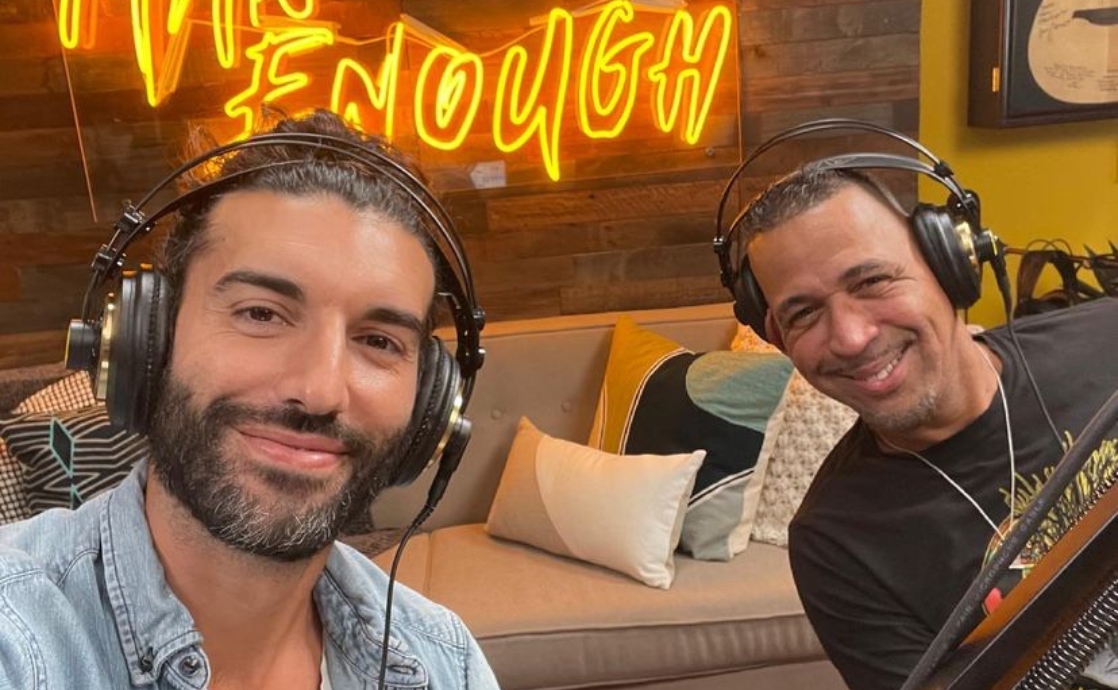
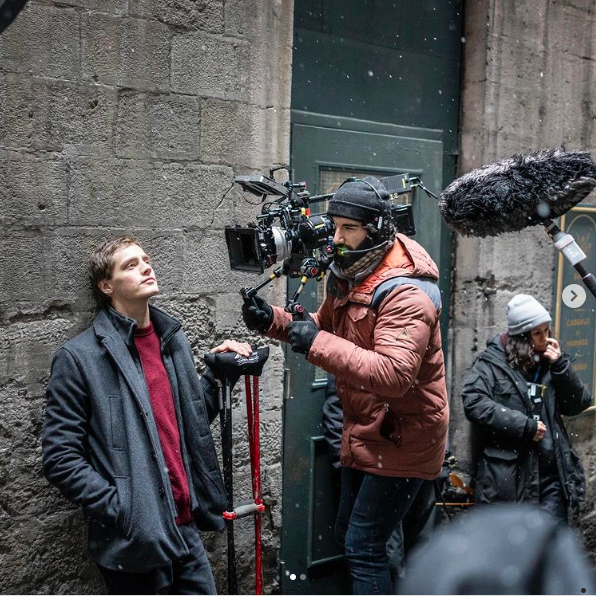



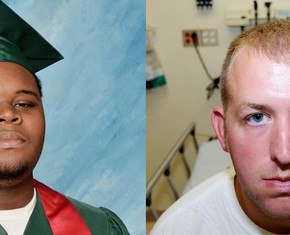









Comments
Sign in or create an account
Continue with Googleor